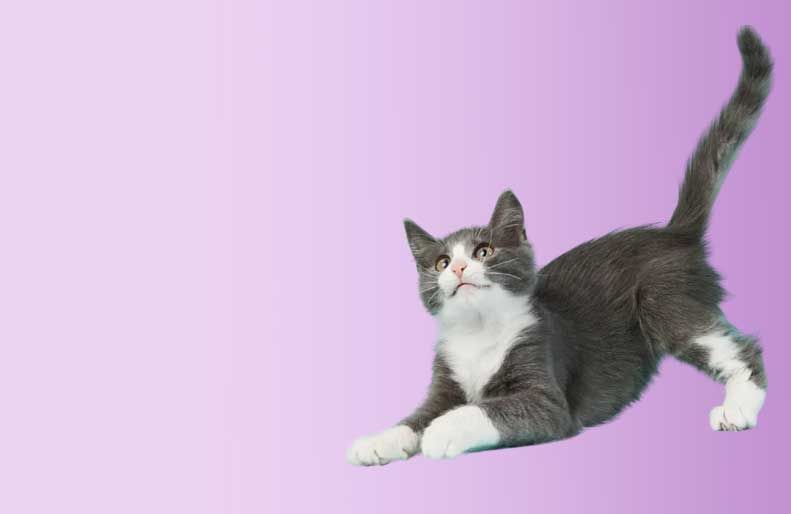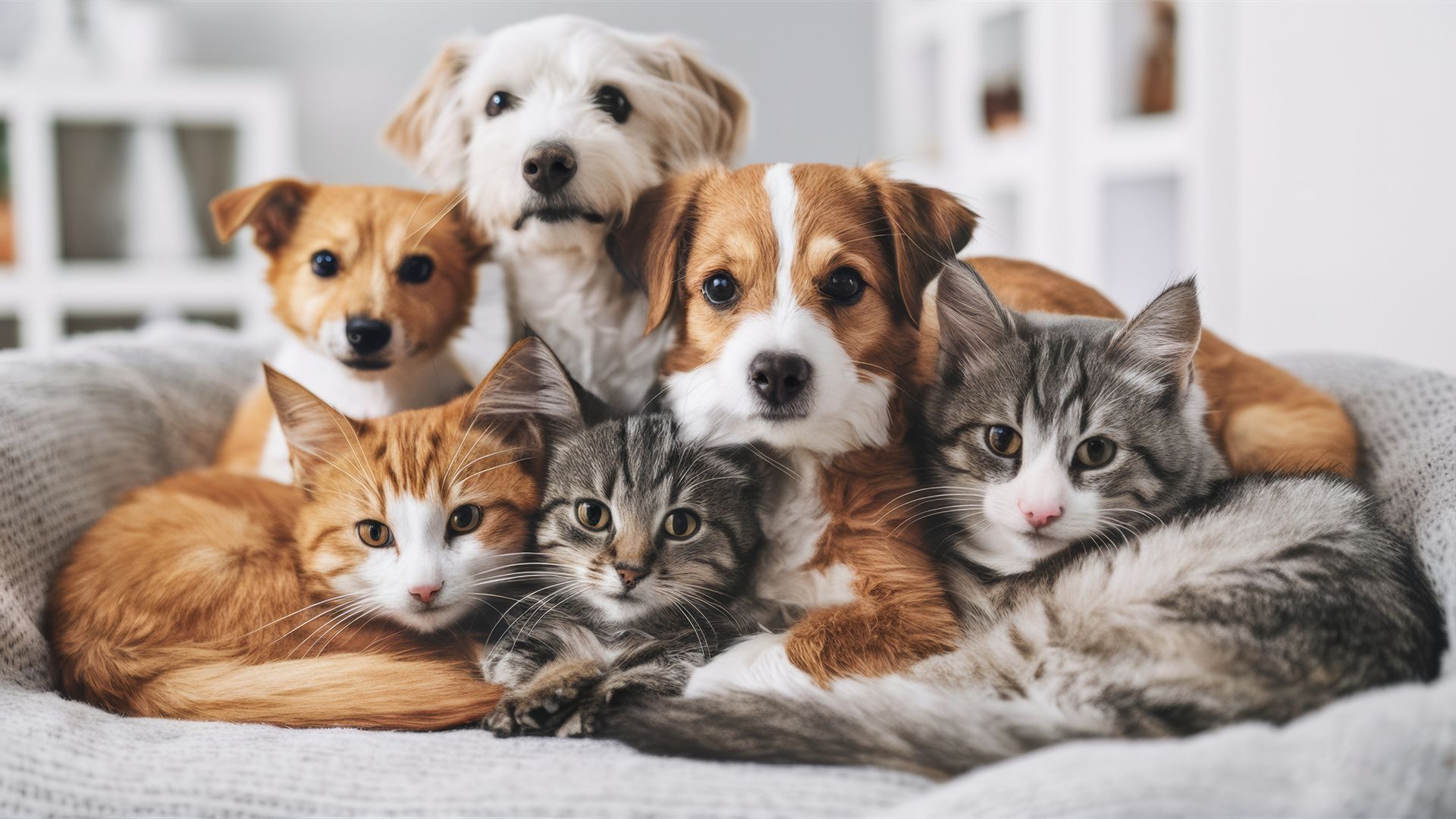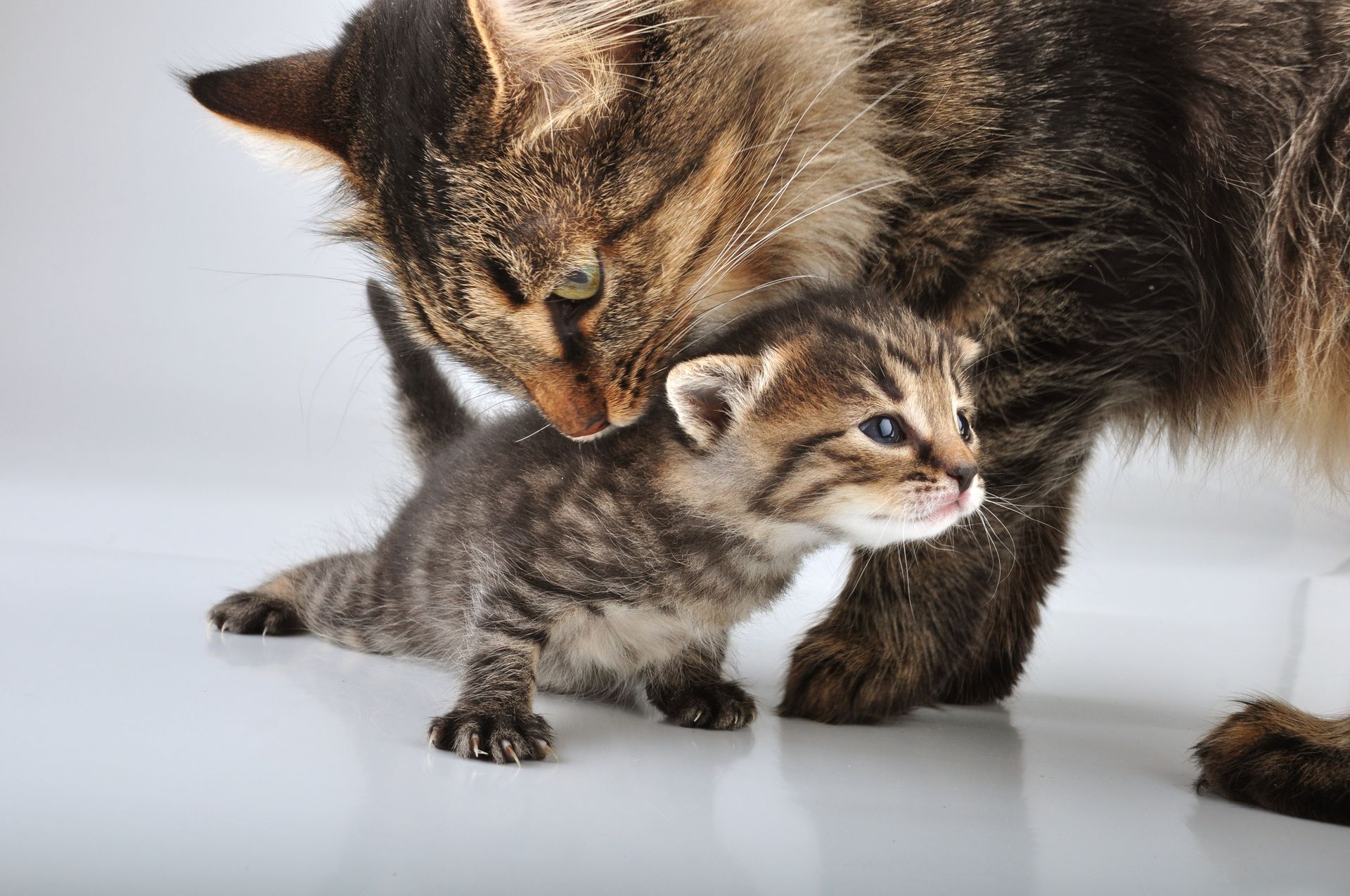Dangerous Christmas plants for pets
The festive season brings many new dangers for cats and dogs, with plants that usually wouldn’t be in your home being a very common one.
However, there are some types of decorative plants that are toxic to dogs and cats. In some cases, only mild indigestion and discomfort will result; in other cases, the toxicity can lead to more severe health problems and even fatalities. If you are planning to bring holiday foliage into your home this season, you will need to know which plants are safe, which should be kept out of your pet’s reach, and which should be avoided entirely.
Here’s a list of the 6 most common & toxic plants for pets:
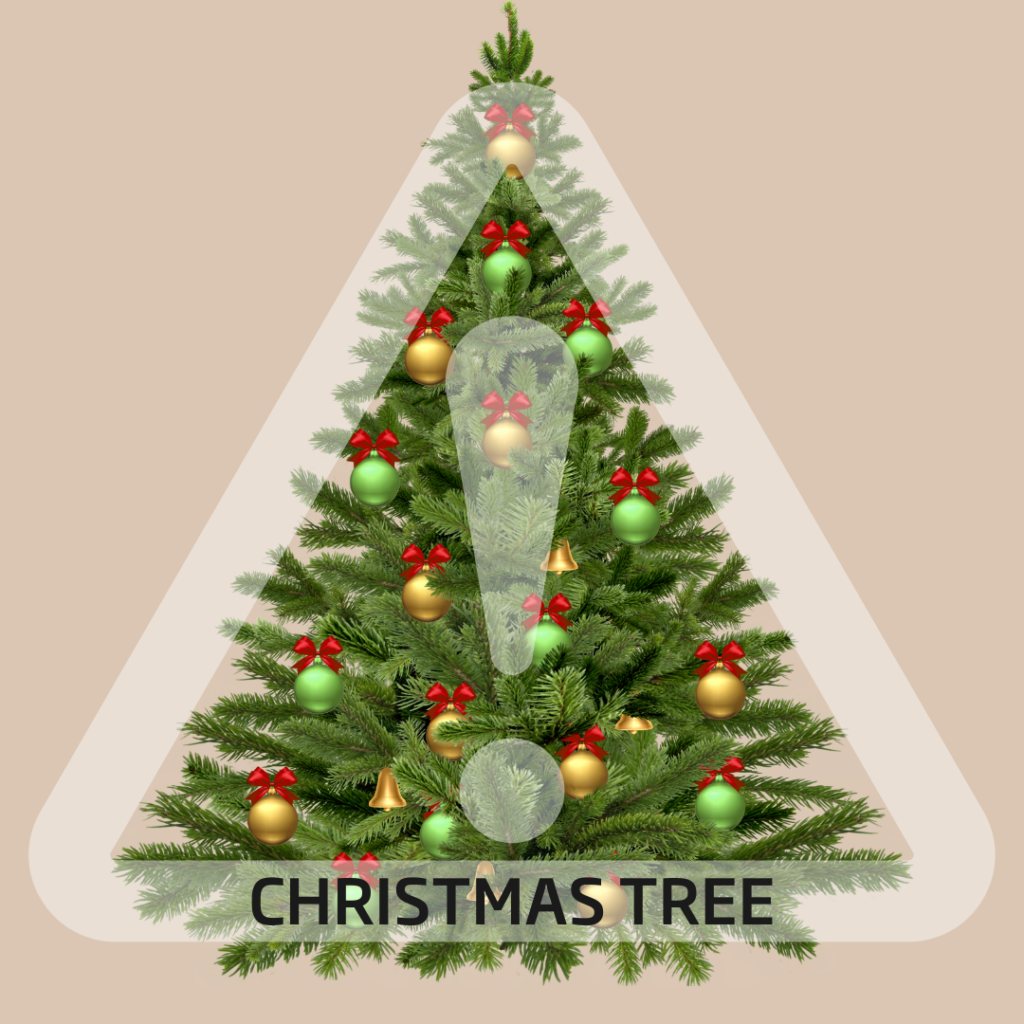
Christmas tree
If your pet manages to swallow any of its needly leaves, it could irritate, block or even puncture its digestive system.
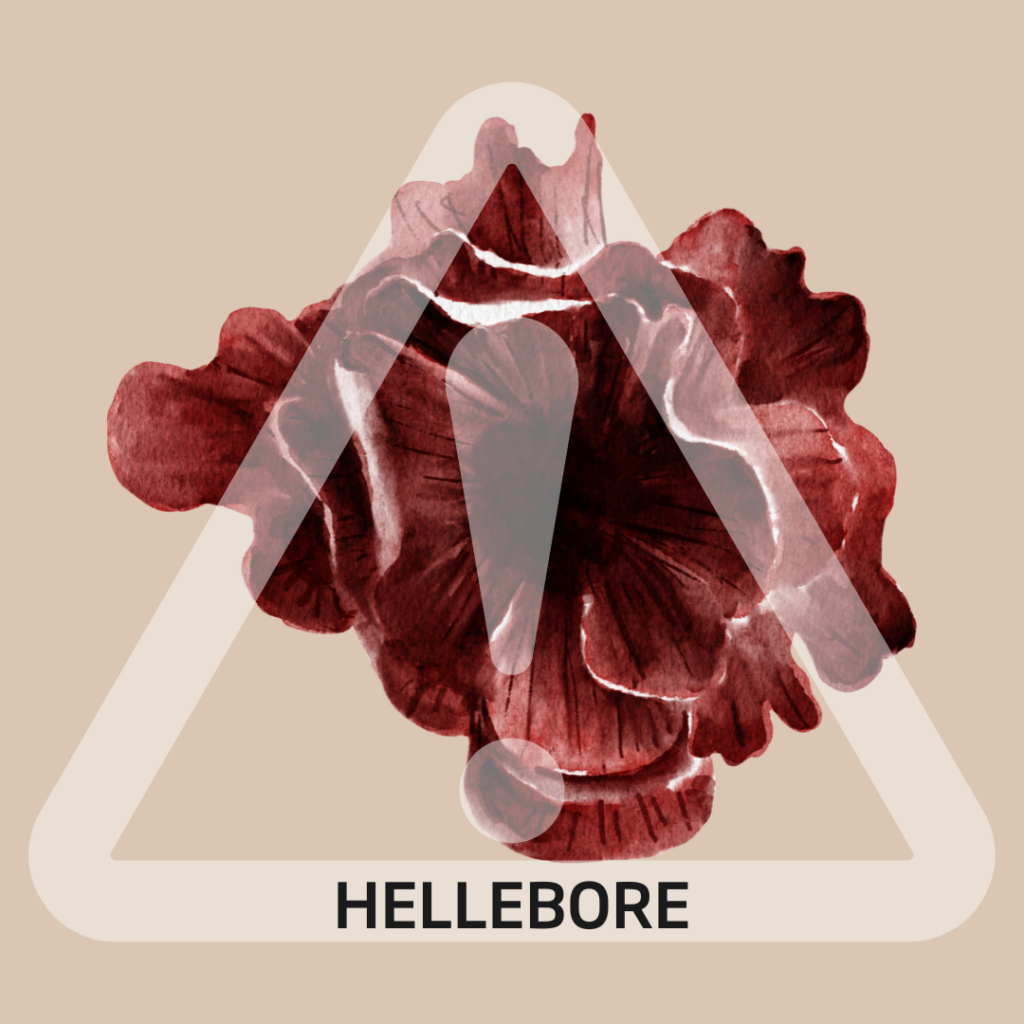
Hellebore
This plant is particularly toxic, to humans as well as our furry friends. If your cat eats it, it may suffer from vomiting, diarrhoea and paralysis.
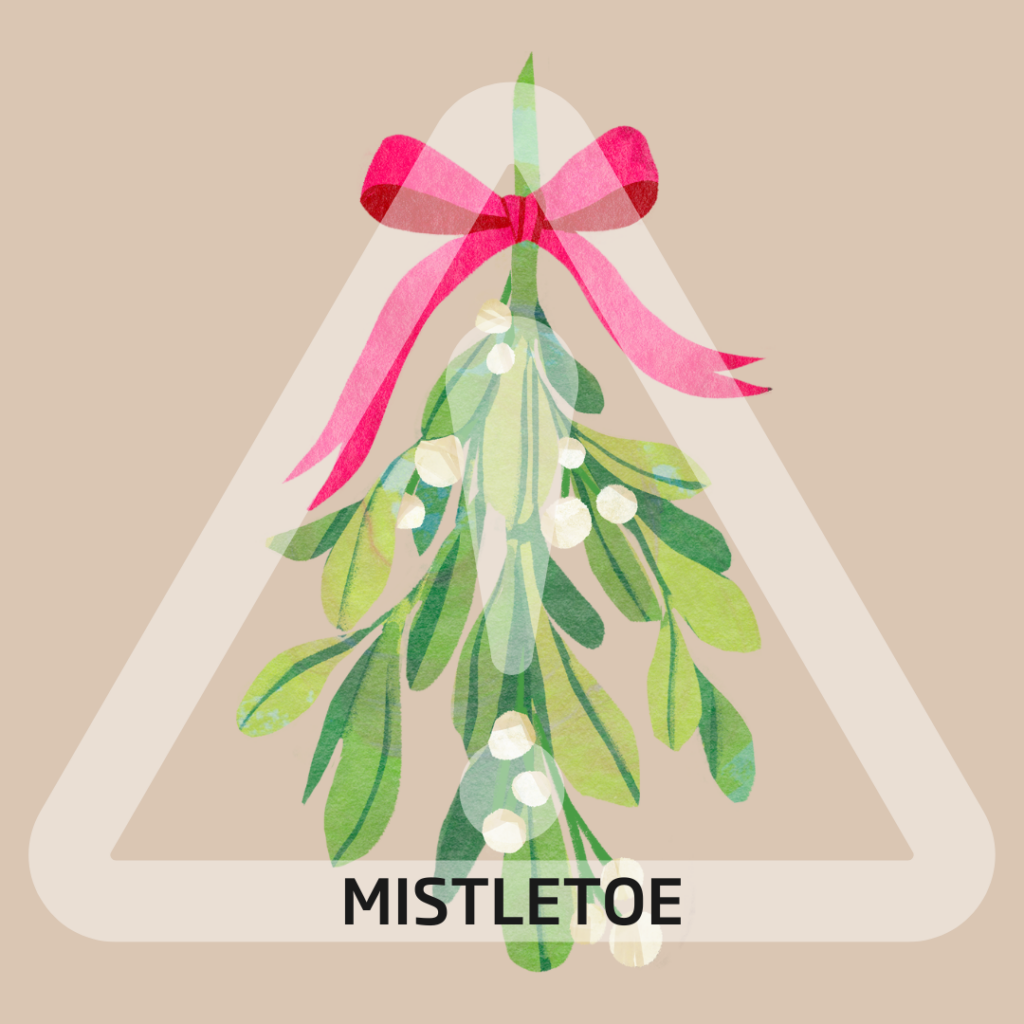
Mistletoe
This plant’s berries are poisonous.
Just small amounts of mistletoe can cause vomiting, diarrhoea, heart problems, seizures and dizziness. Larger quantities can cause comas and death.
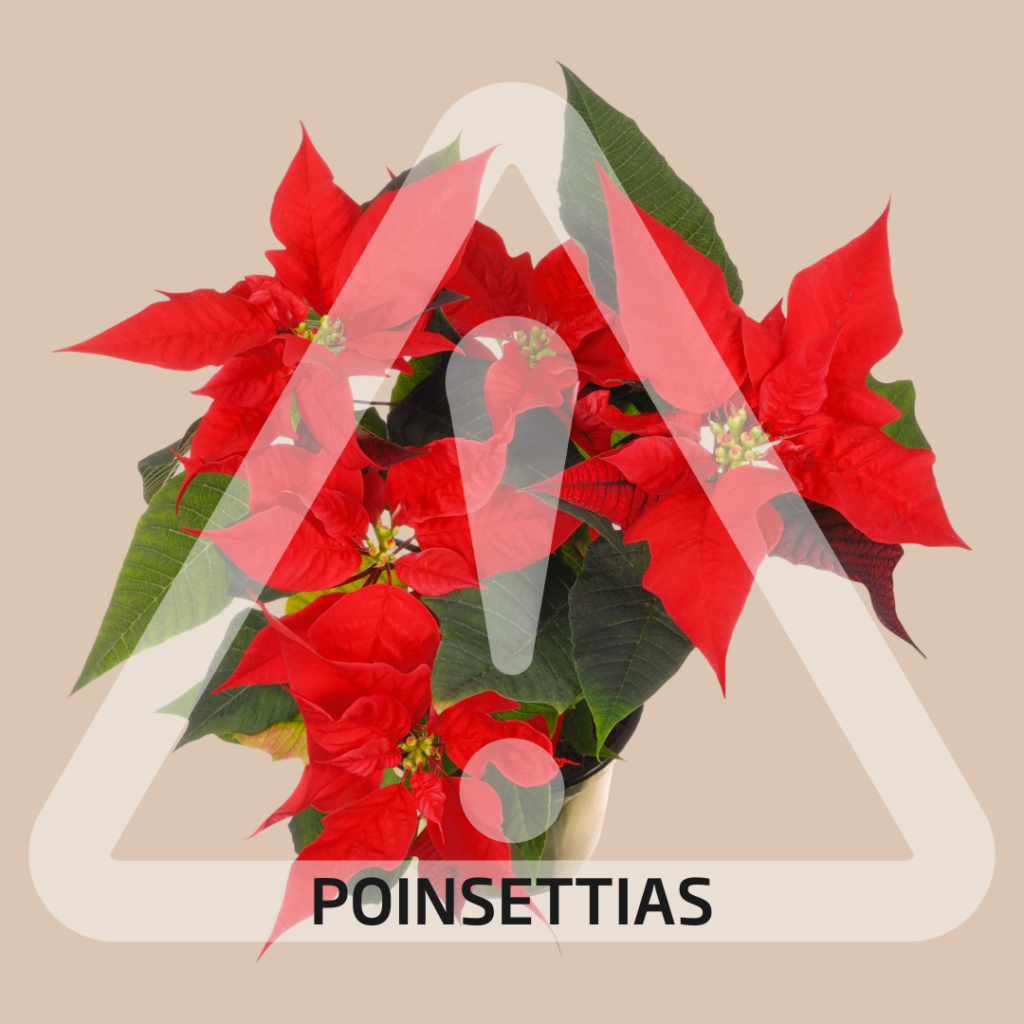
Poinsettias
Sap in poinsettia leaves is mildly toxic to pets and can cause diarrhoea, vomiting, excessive drooling and nausea.
It can be fatal in young, elderly or dehydrated cats
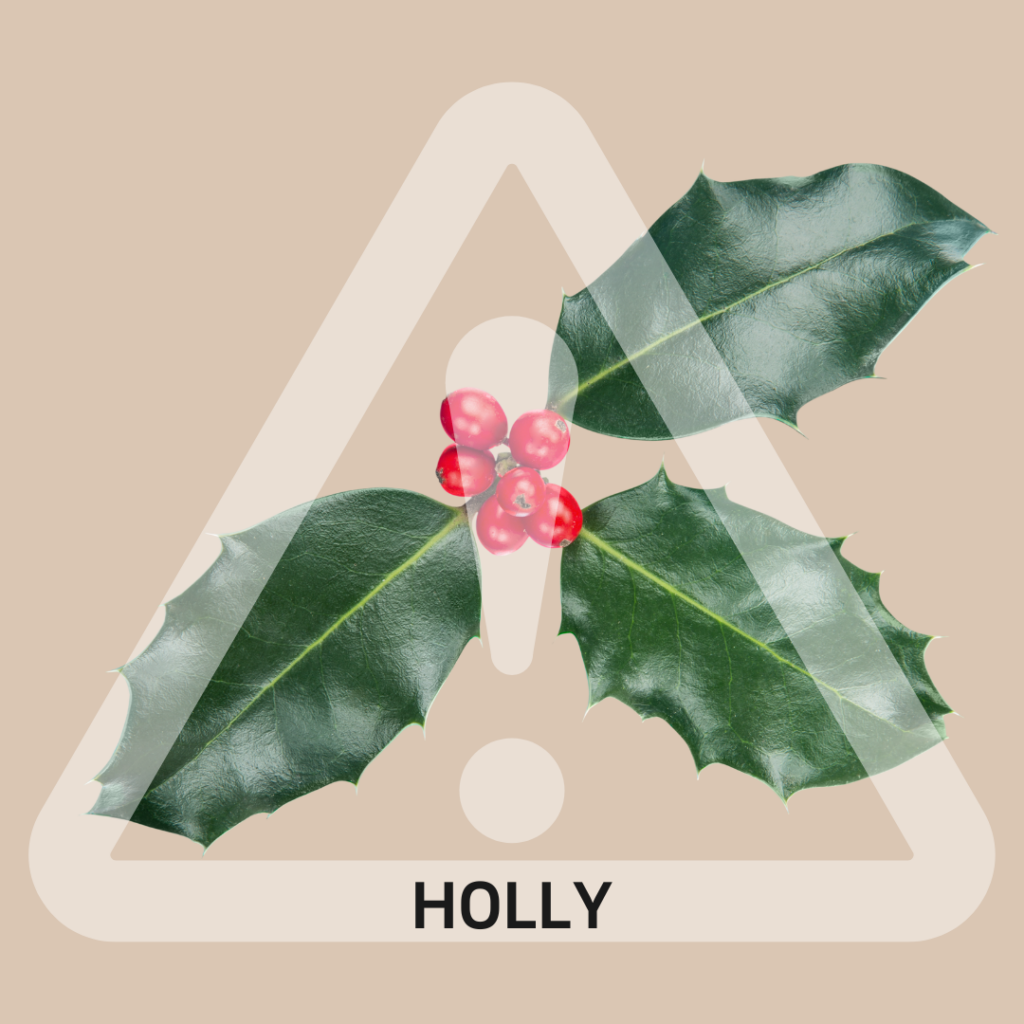
Holly
This is an iconic but dangerous plant to have around dogs and cats because of the toxins in its berries.
They rarely kill animals who eat them but can still cause them a large amount of pain and discomfort.
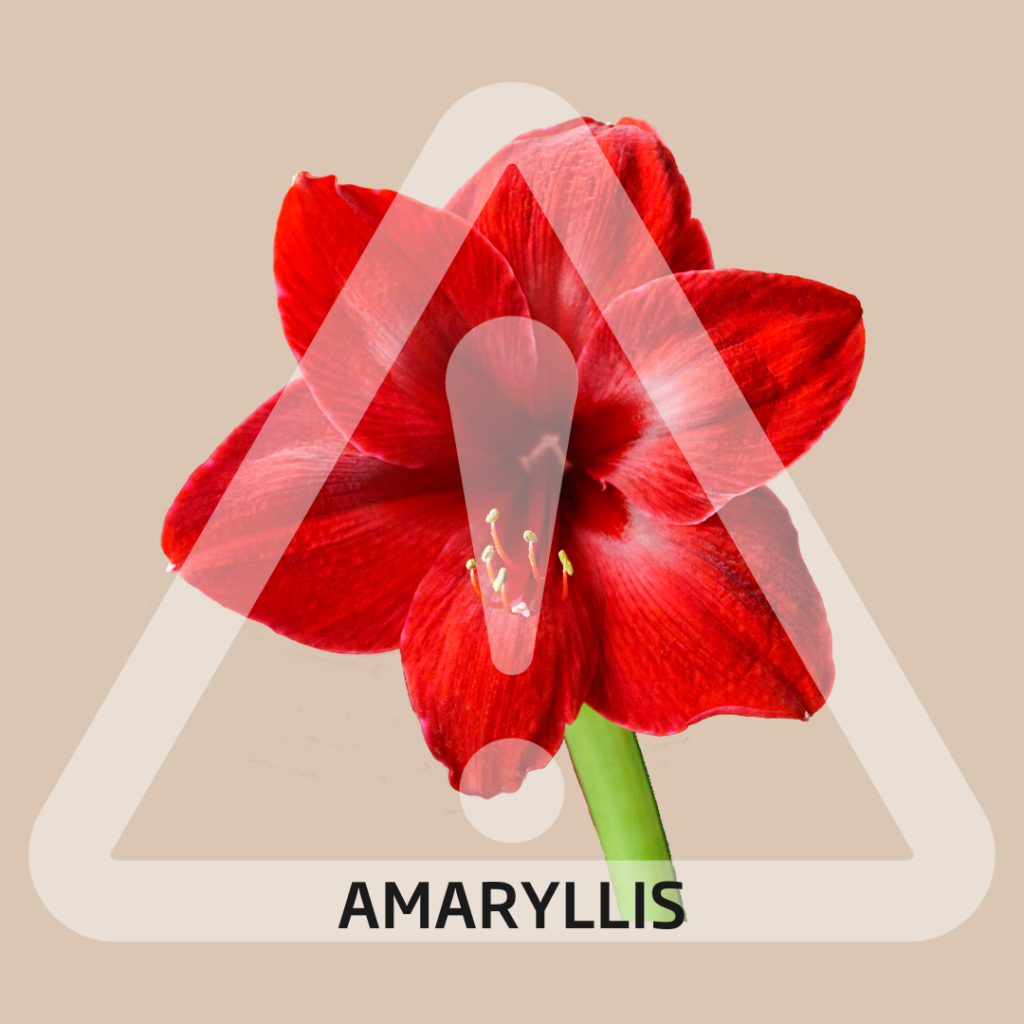
Amaryllis
This flower also blooms in winter and is used by florists in festive bouquets.
Yet again, an over-inquisitive cat or curious dog might lose one of its nine lives if they manage to eat its leaves, petals or part of its bulb.
Playing It Safe
If you do decide to bring any of these plants into your home, be extra careful about where you place them. Cats especially need to be considered, since they can jump onto high shelves.
If your cat is a known plant chewer, you will probably be better off choosing artificial plants over real things.
But if your dog or cat does manage to ingest any part of these holiday plants, call your veterinarian or poison control immediately to find out what you should do to minimize the damage.
The holiday season brings potential dangers for our pets, but with a little effort, you can keep them safe.
Merry Christmas!
Explore More

